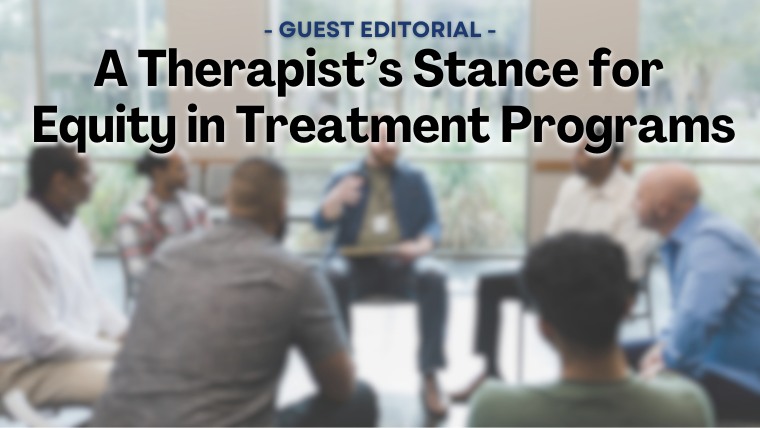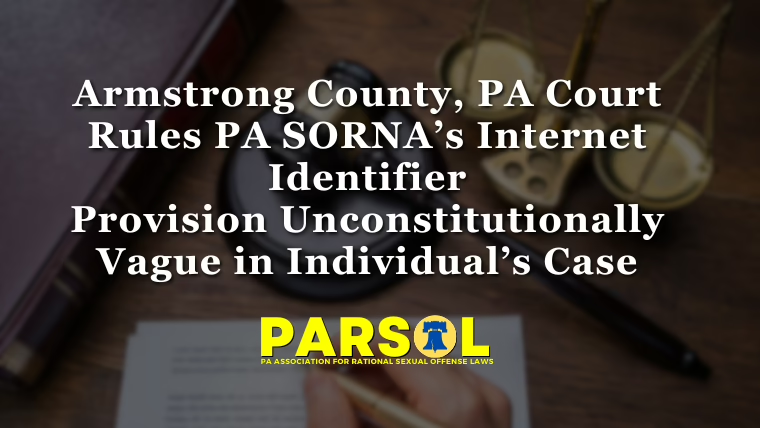It’s a pleasure to be a part of something that is bigger than me and my own experiences. Coming together to support a common good is the hallmark of the career that I have chosen. Or perhaps has chosen me.
I am a therapist working in the helping field since 2007. I have worked in the substance use bracket for years and have years serving children and families as well. I have a natural inclination to serve the underserved and marginalized and it has become my passion.
I was recently onboarded into a Sex Offender Assessment Board (SOAB)-approved program that served the Persons Forced to Register (PFR) (under Pennsylvania’s Megan’s Law) population. When this opportunity opened, I anticipated the same type of equity and unconditional positive regard that had been extended to all my previous clients to be exercised here as well. While I cannot speak for any other treatment provider, this provider engaged in practices that I never imagined would manifest in a treatment setting. What I saw was a double standard of best practice treatment approaches for this population that was not demonstrated with any other client population I had ever worked with.
The approaches of assuming the client’s guilt upon treatment intake, allowing probation officers to be present during group treatment settings, and requiring all clients to submit to annual polygraph examinations shocked me. As a client advocate groomed meticulously by social workers throughout my career, the voice I chose to use to express my objection with these treatment practices was a bold one.
Without warning I was called into meeting with executive management and my supervisor. They told me that I had an “unteachable spirit” and I was terminated without an opportunity to improve my standing with this program as an employee. At the time, I was mortified because I found myself unemployed and had to look for work again. The sting of unfairness only partially resonated then but has come to full bloom now.
I have since learned that other clinicians have regarded the treatment of PFRs to be a standard in need of significant improvement. I imagine that my experience was not an isolated event as a provider. By speaking up, I was joining the effort to create a tailored approach to Sex offense treatment without pushback. A one-size-fits-all approach to treating individuals with sex offense charges fails to honor the people that we are supposed to help.
Learning about PARSOL and other groups focused on positive reforms affirms my own convictions. It’s truly an honor to be a part of a movement promoting justice.
I have experienced issues with mandatory treatment in PA only on a professional level; I can’t imagine what our clients experience on a daily level from these standards endorsed by the SOAB. Change must occur and I am invigorated to do what I can to support equity for all client populations.
Guest Editorial by Sean Albert




![stuckIn1995_rally_header - PARSOL - Pennsylvania Assoc for Rational Sex Offense Laws (PA Megan's Law Resources) PARSOL Board Chair Josiah Krammes speaks at the PA Capitol Rotunda flanked by State Reps. Emily Kinkead and Tim Briggs (28 Oct 2025) [John Dawe/PARSOL]](https://parsol.org/wp-content/uploads/2025/10/stuckIn1995_rally_header.avif)